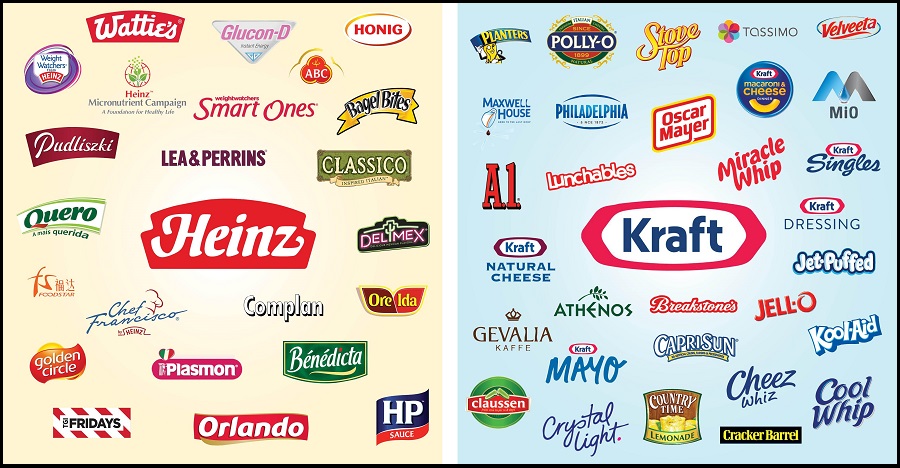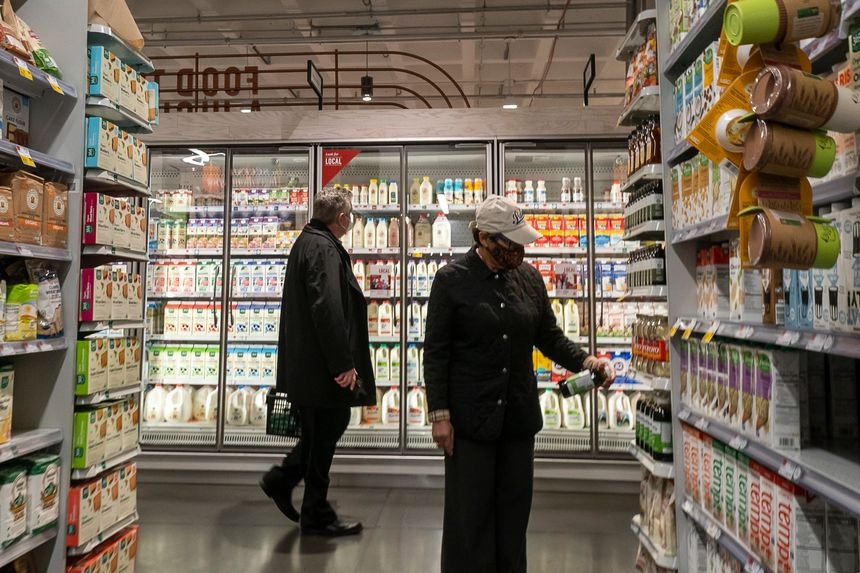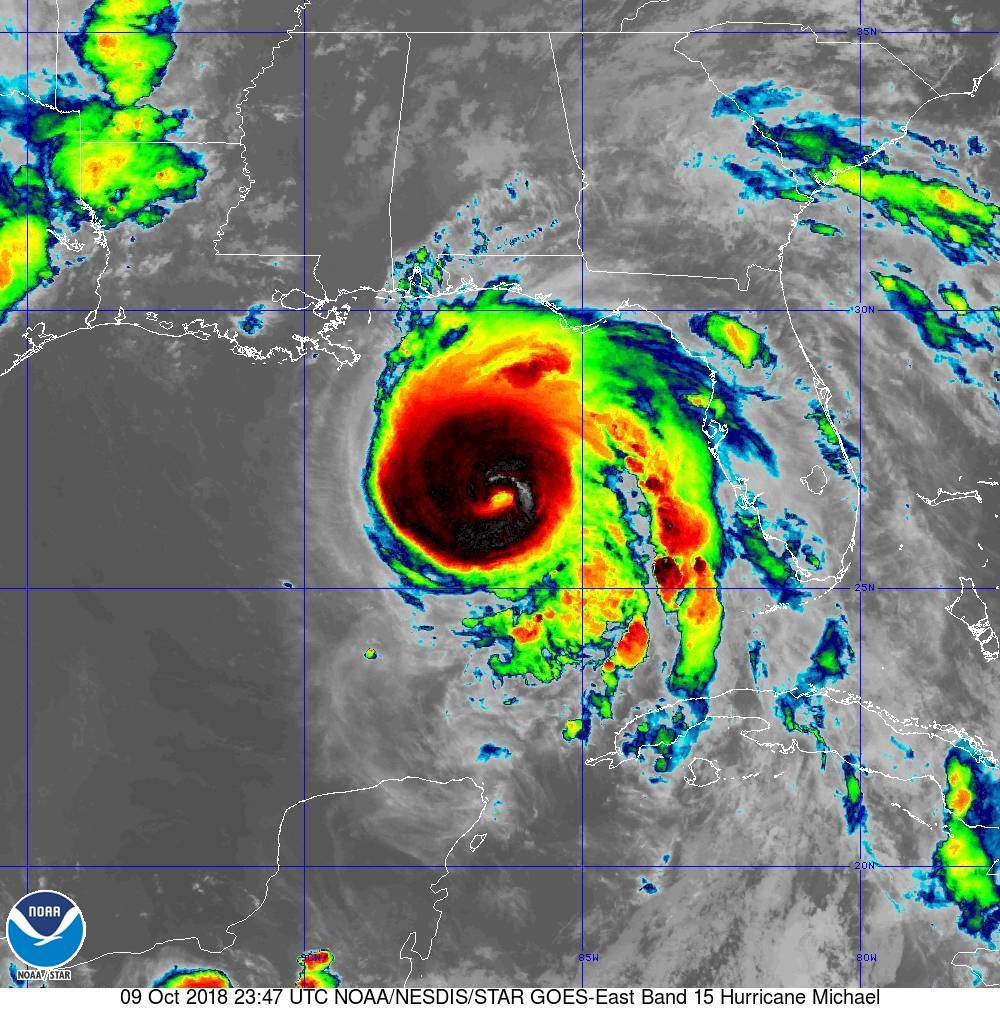
Hopefully everyone has done their preparatory diligence and are well situated to assist their family, because prices on fast turn consumable goods (groceries) are now less than 30 days from entering exponential increase phase. CTH has been counting down the days to impact as the contract terms of 30, 60 and 90 days have begun expiring.
The Wall Street Journal has seen the first pricing notification memo from Kraft-Heinz food group to the buying offices of major U.S. retailers. Here’s how the WSJ presents it: “Kraft Heinz Co. told retailer customers that it would raise prices across many of its products including Jell-O pudding and Grey Poupon mustard, with some items going up as much as 20%, according to a memo viewed by The Wall Street Journal.” VIDEO:
Keep in mind a few points:
(1) The outlined price increases noted are against current price terms and contracts. Meaning, these are price increases from right now to the next fulfillment. These are not inflation price increases which are compared to a year ago. These are 5% to 20% increases from the current price right now.
(2) The price increases are not the final price increase. This is the price of a contract today from the field to the distribution center. The retailer also has additional price increases (transportation, energy, labor, etc) which they need to add to the wholesale price before you see the final price at retail (grocery store).
The final field to fork price is not yet known but will be higher than noted above. We are only seeing the notifications from field, through processing and into warehousing and distribution.
 Additionally, the more an item needs to be processed, the higher the price increase will be. Food items that require multiple raw materials, ingredients and bases for processing (ex. condiments), when combined with increased packaging costs (oil, energy), will be much higher than foods with less processing, handling and packaging.
Additionally, the more an item needs to be processed, the higher the price increase will be. Food items that require multiple raw materials, ingredients and bases for processing (ex. condiments), when combined with increased packaging costs (oil, energy), will be much higher than foods with less processing, handling and packaging.
This has always been the nature of this specific supply chain.
Example: Many products, food, drinks and even cleaning products, contain citrus bases, additives, flavorings and distillation. Those products will be much higher in price due to the price increases in raw materials, combined with higher energy and petroleum costs. It is an issue of cumulative price increases in the production of the product from beginning to end.
CTH has recommended preparing for these massive increases in 2022 prices by thinking about the base products you use to make meals at home and holding an extra supply of shelf stable products, so you won’t hit the grocery store and face those massive increases. Another example will be coffee. Keep in mind Kraft Foods is Maxwell House.
(Wall Street Journal) – […] The Labor Department said the consumer-price index rose 6.8% in November from a year ago, the fastest pace since 1982. The food-at-home index, which includes purchase from grocery stores, rose 6.4% over the past 12 months, with meats, poultry, fish and eggs increasing 12.8%.
Coming price increases in 2022 range from as low as 2% to 20%, hitting all sections of the grocery store including produce and packaged goods. Potatoes, celery and other heavier vegetables will have higher price tags next year in part because of higher freight costs, supermarket executives said. Wine, beer and liquor are also likely to get more expensive, they said, especially those that are imported.
Pantry staples such as mayonnaise and frozen meals are expected to be more pricey partly because of higher labor, logistics and packaging costs, some executives said. (read more)
A working-class family who typically spends $200 to $300 a week on groceries is already getting hammered at the gas pumps and grocery store. Another $50 bucks on top of the grocery bill each week can be very stressful.
Even if you don’t have kids at home, perhaps your adult children have kids. Your proactive position can help them, perhaps your neighbors and others, at times of greatest need. Pride can often stop people from asking for help, so look behind the eyes of those who hesitate to accept it.
The price increases will not only hit retail grocers hard, but they will also hit restaurant and industrial food supply companies like Sysco. Food away from home will increase in price, because the food suppliers are all experiencing the same price increases.
Food, fuel and energy price increases will continue to be the most impactful problem into 2022. The problem will compound, because buying offices of the large multinational corporations enter this phase of consumer and commodity squeeze by looking to leverage their size for competitive advantage.
Large multinationals will make advance order purchases today at higher prices. Advanced purchasing becomes a competitive advantage, and they leverage that in the supply chain. The downstream consequence is a material shortage, because the commodity is wiped out, which drives up the price and then those same multinationals execute distribution to a higher profit.
This gaming of inventory for profit, or inventory evaluation/capitalization, is a less discussed outcome of rapid inflation. Multinationals have deep pockets, and they can maximize profits by executing advanced purchase orders to lock in commodity prices. Unfortunately, the little guys have a tough time competing against them when the inventories dry up.
While the examples above all relate to fast turn consumable goods, the same purchasing leverage is used by large corporations on durable goods. Retailers, large and small, then begin competing to secure inventories while supplies are limited; this too drives up prices. It’s a hot mess of competition that squeezes the consumer even harder.
The only thing that stops this process is the inevitable collapse in demand, but that outcome sucks also. In the interim, I hope and pray to have provided y’all with enough advanced notification so that all of us can ride this inflation storm out just a teensy bit better than if we didn’t know it was coming.
All of this was completely avoidable…. THAT makes me angry!

